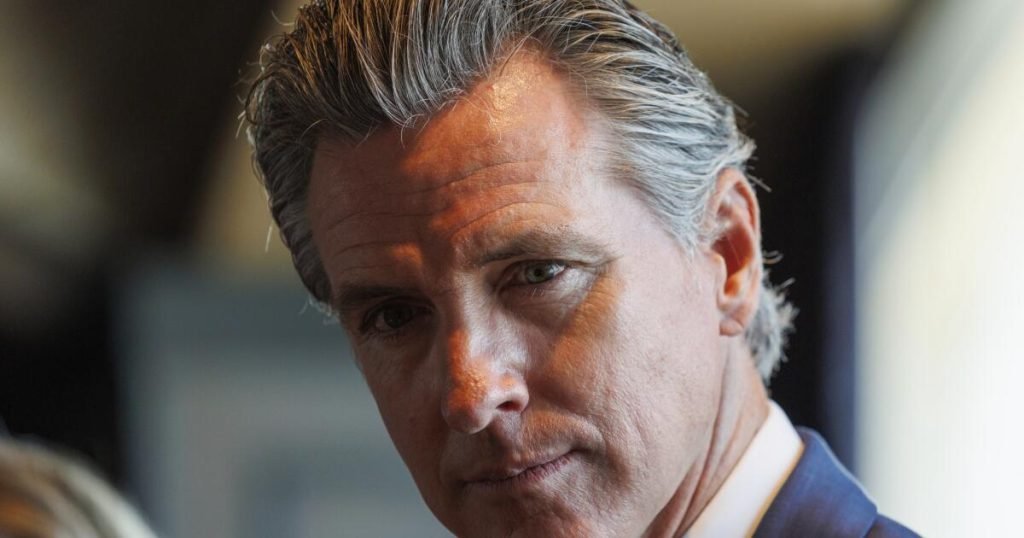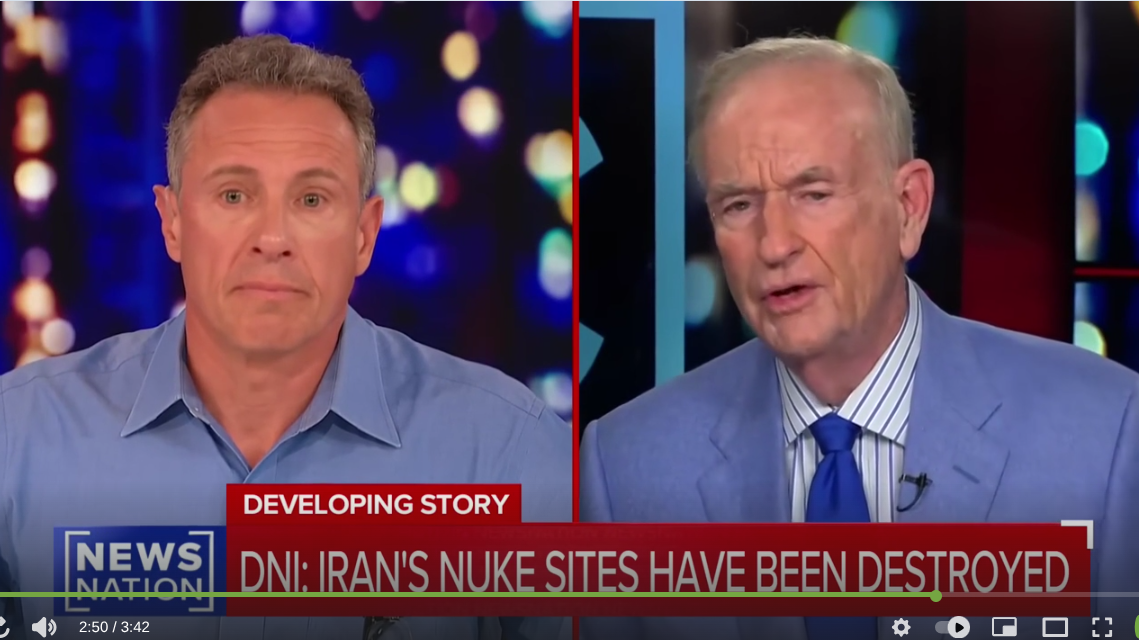Gov. Gavin Newsom declined to say Thursday whether he plans to campaign against Proposition 36, a controversial anti-crime bill on the November ballot that targets property and drug crimes and has divided Democrats.
“We may not be able to do it all,” Newsom said Thursday as he signed a massive affordable housing package in San Francisco's Mission District, saying there's a lot of work to be done between now and Election Day. “I'm trying to get Kamala Harris elected president of the United States. … I just really hope that people take a good look at Proposition 36.”
The bill addresses drug and property crimes by imposing tougher penalties on repeat retail thefts, regardless of the value of the goods stolen. It also mandates drug treatment as an option in lieu of prison time for those who commit certain drug offenses. The bill changes key aspects of Proposition 47, a measure that voters overwhelmingly passed in 2014.
A new poll released Thursday The survey found that 71% of California voters said they would vote in favor of Proposition 36. A separate poll released in August by the University of California, Berkeley's Institute of Government and co-sponsored by the Los Angeles Times found a smaller number of voters, 56%, were likely to support Proposition 36.
“It makes me wonder what state I live in,” Newsom said after seeing the poll results Thursday morning. “I know people are angry, I know people are frustrated, I know I am, but this is not the solution.”
Newsom has criticized the bill for nearly nine months, warning that the harm to Black and Latino communities would be “disparate.” He repeated a point he has made in recent public appearances Thursday: The bill has no funding plan. Newsom called it an “unfunded mandate.” Legislative analysts estimate the bill could cost the state hundreds of millions of dollars a year.
“This hasn't cost a dollar,” Newsom said. “There's this idea that this is on-demand care, but it's ridiculous considering it hasn't cost a dollar.”
The governor also criticized the drug treatment portion of the bill, and while the bill “guarantees” mental health treatment, questioned how enforcement would work when residential treatment facilities “do not exist” in 22 of the state's 58 counties. “This is a mass incarceration problem, this is a 1980s thinking problem,” the governor warned.
Proposition 36's supporters include the county's district attorneys, law enforcement agencies, three Democratic mayors — London Breed of San Francisco, Matt Mahan of San Jose and Todd Gloria of San Diego — and a handful of moderate Democratic legislators. Major donors of the proposition include Walmart, which recently donated an additional $1 million. Target and Home Depot were initial donors, according to financial filings.
Meanwhile, major donors to criminal justice reform, including Reps. Patty Quillin ($500,000), Stacey Shusterman ($325,000), Quinn Delaney ($225,000) and the ACLU of Northern California ($120,000), have stepped up their opposition to Proposition 36. Opponents of the bill include numerous Democratic lawmakers and criminal justice advocacy groups.
In addition to Proposition 36, Governor Newsom cited a number of other bills on the November ballot that he is concerned about, including a bill that could increase taxes on health insurance companies, and questioned whether he would be able to campaign against them.
“It's a bandwidth issue,” the governor said.
















